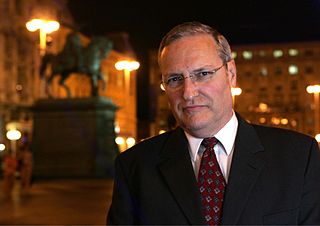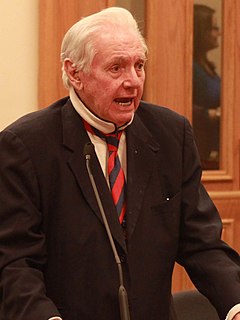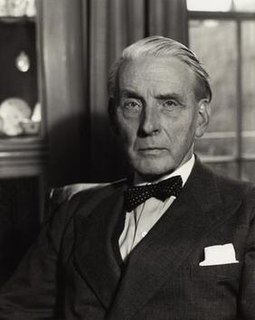A Quote by Kapil Sibal
We are great believers in the idea that the Internet can help bring justice, but justice varies from place to place across the world.
Related Quotes
Ajamu Baraka is a human rights advocate and an international human rights advocate, who's been defending racial justice, economic justice, worker justice, indigenous justice, and justice for black and brown people all over the world, and in the United States has been helping to lead the charge against the death penalty here, and is an extremely eloquent and empowering person. And one of the great things about running with him is that we speak to all of America.
I want you to understand that racial justice is not about justice for those who are black or brown; racial justice is about American justice. Justice for LGBT Americans is not about gay and lesbian justice; it's about American justice. Equality for women isn't about women; it's about United States equality. You cannot enjoy justice anywhere in this country until we make sure there is justice everywhere in this country.
People never hurt others in moments of personal strength and bravery, when they are feeling good about themselves, when they are strong and confident. If we spent all of our waking moments in that place, then fighting for social justice would be redundant; we would simply have social justice and be done with it, and we could all go swimming, or fishing, or bowling, or dancing, or whatever people do. But it is because we spend so much of our time in that other place, that place of diminished capacity, of flagging energy, or wavering and somewhat flaccid commitment, that we have to be careful.
The idea is that to grasp an idea like equality or justice, you can't look at the equal and just or unjust things in the world around you, you have to somehow ascend to or maybe remember some kind of idea of equality and justice and this would be a Platonic form, and it would be different from the things that partake in the form.
It is not by great acts but by small failures that freedom dies. The sense of justice dies slowly in a people. They grow used to the unthinkable, and sometimes they may look back and even wonder when things changed. They will not find a day or a time or a place. Justice and liberty die quietly, because men first learn to ignore injustice and then no longer recognize it.

































